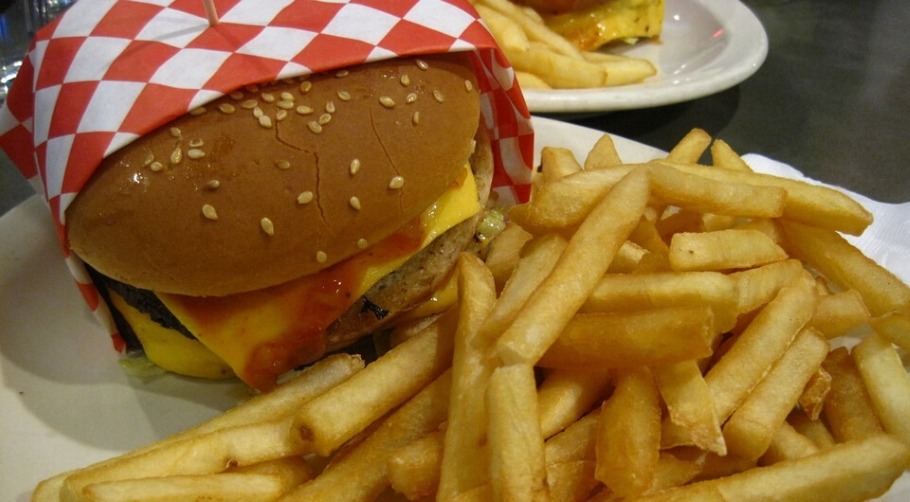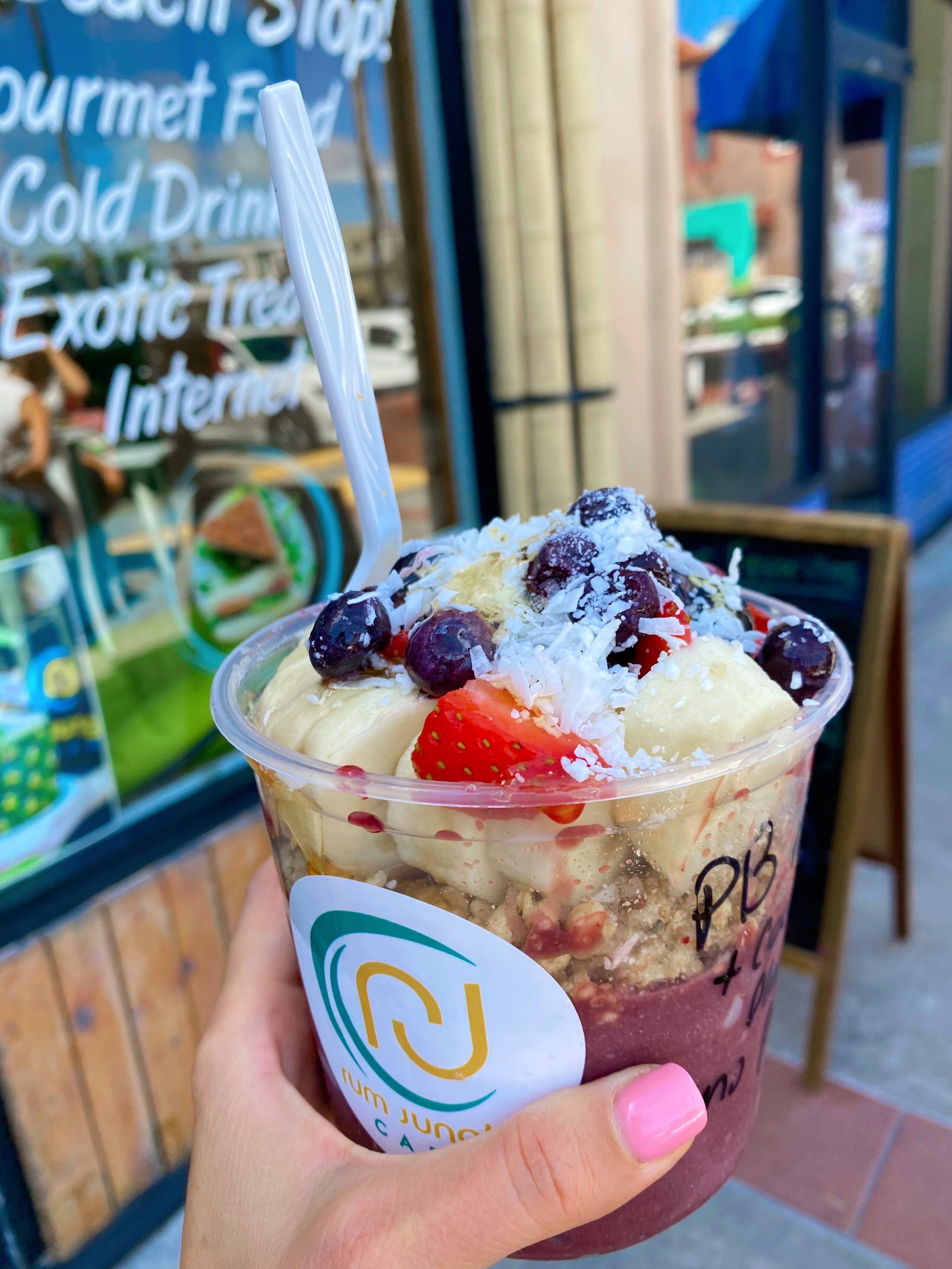
Most of our food supply falls into the hyperpalatable category
Published: 2023-09-08
Author: University of Kansas – Contact: ku.edu
Peer Reviewed: Yeah – Post Type: Study
Magazine reference: DOI link to study document
Related Posts: latest articles – list full
In this page: Summary – definition of hyperpalatable – Main article – About the Author
Synopsis: The investigation reveals that food brands owned by tobacco companies appear to have selectively spread hyperpalatable foods to US consumers. Many of us are well aware of the addictive nature of many foods marketed in the United States; most call them junk food. The researchers use a more academic term for foods that deliberately feature tempting combinations of salts, fats, and sugars: they’re “hyperpalatable.”
Definition
- hyperpalatable
-
Hyperpalatable foods are those that are extremely tasty; It is often applied to ultra-processed foods designed to appeal to consumers. These foods are specifically designed to trigger cravings, triggering brain responses that resemble the brain’s response to alcohol or even hard drugs. Basically, hyperpalatability is the combination of sugar, fat, and salt in food.
main summary
Many of us are well aware of the addictive nature of many foods marketed in the United States; most call it “junk food.” In fact, this type of salty, sweet, and high-fat food makes up the majority of what is marketed to Americans. The researchers use a more academic term for foods that deliberately feature tempting combinations of salts, fats, and sugars: they are “hyperpalatable.”
advertisement
Now, a University of Kansas researcher has conducted research showing that food brands owned by tobacco companies – which invested heavily in the US food industry in the 1980s – appear to have “selectively disseminated hyperpalatable foods” to American consumers.
The study is published in the peer-reviewed journal. Addiction.
“We used multiple sources of data to examine the question: ‘How were US tobacco companies involved in promoting and disseminating hyperpalatable foods in our food system?'” said lead author Tera Fazzino, an assistant professor of psychology at KU and associate. Director of the Cofrin Logan Center for Addiction Research and Treatment at the KU Life Span Institute. “Hyperpalatable foods can be overpowering and hard to stop eating. They have combinations of nutrients related to palatability, specifically fat, sugar, sodium or other carbohydrates that occur in combinations.”
Fazzino’s previous work has today shown that 68% of the American food supply is hyperpalatable.
“These nutrient combinations provide a truly enhanced eating experience and make it difficult to stop eating,” he said. “These effects are different than if you just ate something high in fat but didn’t have sugar, salt or other types of refined carbohydrates.”
Fazzino and his co-authors found that between 1988 and 2001, tobacco-containing foods were 29% more likely to be classified as hyperpalatable in fat and sodium and 80% more likely to be classified as hyperpalatable in carbohydrates and sodium than foods that were hyperpalatable in fat and sodium. no tobacco ownership.

Continued…
The KU researchers used data from a public repository of internal tobacco industry documents to determine the ownership of food companies, then combined nutritional data from the US Department of Agriculture in longitudinal analyzes to estimate how many foods were “formulated” to be hyperpalatable, according to the property of tobacco”. “.
“The question of their intent we can’t really tell from these data,” Fazzino said. “But what we can say is that there is evidence to indicate that tobacco companies were consistently involved in owning and developing hyperpalatable foods during the time they led our food system. Their involvement was selective in nature and different from companies that they did not have ownership of the parent tobacco company.”
Fazzino’s co-authors were KU doctoral students Daiil Jun and Kayla Bjorlie, along with Lynn Chollet Hinton, an assistant professor of biostatistics and data science at the KU Medical Center.
The KU researchers said they built their research on earlier work by Laura Schmidt at the University of California-San Francisco.
“She and her team established that the same tobacco companies were involved in the development and intense marketing of sugary drinks to children – that was RJ Reynolds – and that Philip Morris was involved in the direct transfer of tobacco marketing strategies aimed at communities of racial and ethnic minorities in the United States to sell their food products,” Fazzino said.
While tobacco companies rid themselves of the American food system in the early to mid-2000s, Big Tobacco’s shadow may have lingered. The new KU study finds that the availability of hyperpalatable foods with fat and sodium (more than 57%) and hyperpalatable foods with carbohydrates and sodium (more than 17%) remained high in 2018, regardless of prior tobacco possession, which which shows that these foods have become mainstays of the American diet.
“Most of what’s in our food supply falls into the hyperpalatable category,” Fazzino said. “Actually, it is a bit difficult to find foods that are not hyperpalatable. In our daily lives, the foods around us that we can easily take are mostly the hyperpalatable ones. And the foods that are not hyperpalatable, such as fresh fruits and Vegetables: Not only are they hard to find, but they’re also more expensive – we really don’t have much of a choice when it comes to choosing between foods that are fresh and pleasant to eat (for example, an apple crisp) and foods that you just can’t stop eating “.
Fazzino said that the use of hyperpalatability metrics could be a way to regulate feed formulations designed to induce sustained eating.
“These foods have combinations of ingredients that create effects that you don’t get when you eat those ingredients separately,” said the KU researcher. “And guess what? These combinations don’t really exist in nature, so our bodies aren’t built to handle them. They can over-activate our brain’s reward system and disrupt our satiety signals, making them hard to resist.” .”
As a result, consumers of hyperpalatable foods are more prone to obesity and related health consequences, even when they do not intend to overeat.
“These foods may be designed to make you eat more than you planned,” Fazzino said. “It’s not just about personal choice and watching what you eat; they can trick your body into eating more than you really want.”
Resources that provide additional information
Attribution/Source(s):
This peer-reviewed study article related to our Substance Abuse and Addiction section was selected for publication by the editors of Disabled World due to its likely interest to our readers in the disability community. Although the content may have been edited for style, clarity, or length, the article “Tobacco brand foods are tastier than those of the competition” was originally written by the University of Kansas and posted by Disabled-World.com on September 8, 2023. If you need more information or clarification, you may contact the University of Kansas at ku.edu. Disabled World makes no warranties or representations in connection therewith.
Share this information with:
𝕏.com Facebook Reddit
advertisement
Disabled World is an independent disability community founded in 2004 to bring disability news and information to people with disabilities, seniors, their families and/or caregivers. Visit our home page for informative reviews, exclusive stories, and how-tos. You can connect with us on social media like x.com and ours Facebook page.
permanent link: Tobacco brand foods are tastier than the competition
Cite this page (APA): University of Kansas. (2023, September 8). Tobacco brand foods are tastier than the competition. disabled world. Retrieved September 8, 2023 from www.disabled-world.com/medical/pharmaceutical/addiction/hyperpalatable.php
Disabled World provides general information only. The materials presented are never intended to be a substitute for qualified professional medical care, nor should they be construed as such. Funding is derived from advertisements or referral programs. Any third party offers or advertisements do not constitute an endorsement.







